26/11 Attack mastermind dies -Kp
Abdul Rehman Makki: Life, Legacy, and Involvement in Terrorism

Abdul Rehman Makki, a prominent figure in Pakistan’s Islamist militant landscape, passed away on December 27, 2024, in Lahore due to a heart attack. As the deputy chief of Jamaat-ud-Dawa (JuD) and the brother-in-law of Hafiz Muhammad Saeed, the founder of Lashkar-e-Taiba (LeT), Makki played a significant role in the operations of these organizations, both of which have been implicated in various terrorist activities, including the 2008 Mumbai attacks.
Early Life and Education
Born on December 10, 1954, in Pakistan, Abdul Rehman Makki pursued higher education in Islamic studies. He graduated from Umm al-Qura University in Makkah, Saudi Arabia, where he developed a deep understanding of Islamic jurisprudence and theology. His time in Saudi Arabia also influenced his ideological leanings, aligning him with conservative interpretations of Islam.
Association with Jamaat-ud-Dawa and Lashkar-e-Taiba
Upon returning to Pakistan, Makki became actively involved with Jamaat-ud-Dawa (JuD), an organization founded by his brother-in-law, Hafiz Muhammad Saeed. JuD, ostensibly a charitable organization, has long been accused of serving as a front for Lashkar-e-Taiba (LeT), a militant group responsible for numerous terrorist attacks, most notably the 2008 Mumbai attacks. Makki rose to the position of deputy chief within JuD and was considered the second-in-command in LeT.

Involvement in Terrorist Activities
Makki’s involvement in terrorist activities has been well-documented. He was known to be a key fundraiser and strategist for LeT, playing a crucial role in planning and executing operations against India, particularly in the disputed region of Kashmir. His inflammatory speeches and recruitment efforts were aimed at garnering support for jihadist activities.
The 2008 Mumbai attacks, which resulted in the deaths of 166 people, were a turning point that brought international attention to LeT’s activities. While Hafiz Saeed was identified as the mastermind behind the attacks, Makki’s role in the organization’s hierarchy and his involvement in its operations drew significant scrutiny.
Legal Actions and Sanctions
In response to his terrorist activities, several countries and international bodies imposed sanctions on Makki. In 2010, the United States designated him as a Specially Designated Global Terrorist, freezing his assets and prohibiting U.S. citizens from engaging in transactions with him. The United Nations followed suit in 2023, adding him to the list of individuals subject to an assets freeze, travel ban, and arms embargo.
Despite these sanctions, Makki continued his activities until his arrest by Pakistani authorities on May 15, 2019. He was placed under house arrest in Lahore and, in 2020, was convicted of terror financing, receiving a prison sentence.

Relationship with Hafiz Muhammad Saeed
Makki’s close relationship with Hafiz Muhammad Saeed was instrumental in his rise within JuD and LeT. As Saeed’s brother-in-law, Makki was deeply trusted and held significant influence within the organizations. Together, they propagated a hardline Islamist ideology and orchestrated various militant activities.
Death and Legacy
Makki’s death on December 27, 2024, marked the end of a significant chapter in the history of Islamist militancy in Pakistan. He had been ill for several days, undergoing treatment for high diabetes at a private hospital in Lahore, where he ultimately succumbed to a heart attack.
His passing leaves a complex legacy. For supporters, he was a champion of their cause, advocating for jihadist activities against perceived enemies of Islam. For the international community and victims of terrorism, he was a symbol of extremist violence and a key figure in organizations responsible for heinous attacks.
Hafiz Saeed and Abdul Rehman Makki: A Nexus of Terror
Hafiz Muhammad Saeed is a name that has become synonymous with terror and extremist ideologies. As the founder of Lashkar-e-Taiba (LeT) and Jamaat-ud-Dawa (JuD), Saeed has been a central figure in organizing and perpetuating terrorist activities across South Asia, particularly in India. His close collaboration with Abdul Rehman Makki, his brother-in-law and deputy in these organizations, created a deadly duo responsible for some of the most heinous acts of terrorism in recent history, including the 2008 Mumbai attacks.
Early Life and Founding of Lashkar-e-Taiba
Hafiz Saeed was born in Sargodha, Pakistan, in 1950. He studied at the University of Punjab and later received training in Islamic theology and jurisprudence in Saudi Arabia. Inspired by radical Islamist ideologies, he co-founded Lashkar-e-Taiba in 1987, with the backing of Pakistan’s intelligence agencies. The group initially aimed to wage jihad in Afghanistan but later shifted its focus to India, particularly the Kashmir conflict.
Under Saeed’s leadership, Lashkar-e-Taiba grew into one of the most notorious militant organizations in the world. Saeed was instrumental in shaping its operations, which included recruiting fighters, training them in camps, and planning high-profile attacks.
Association with Abdul Rehman Makki
Hafiz Saeed’s collaboration with Abdul Rehman Makki was crucial in expanding LeT’s reach and influence. Makki, as Saeed’s brother-in-law and the deputy leader of JuD, played a significant role in the organization’s fundraising and propaganda campaigns. Together, they formed a partnership that combined Saeed’s ideological leadership with Makki’s operational and logistical expertise.
Makki’s fiery speeches and recruitment drives complemented Saeed’s public persona as a religious scholar. The duo often worked in tandem to mobilize support for jihadist activities, targeting vulnerable youth in Pakistan and abroad. They used JuD as a front to project a charitable image while channeling resources into LeT’s militant operations.

The 2008 Mumbai Attacks
The 2008 Mumbai attacks stand as a grim testament to the deadly partnership between Hafiz Saeed and Abdul Rehman Makki. The meticulously planned operation, carried out by 10 LeT operatives, left 166 people dead and hundreds injured. While Saeed was the mastermind behind the attacks, Makki played a pivotal role in facilitating the logistical and financial support required for the operation.
The attacks, which targeted multiple locations in Mumbai, including luxury hotels, a railway station, and a Jewish center, were aimed at creating maximum casualties and global shockwaves. The international community widely condemned the attacks, and they became a turning point in the global fight against terrorism.

Fundraising and Terror Financing
Saeed and Makki were also deeply involved in raising funds for terrorist activities. They exploited JuD’s reputation as a charitable organization to collect donations, ostensibly for humanitarian causes, but these funds were often diverted to finance LeT’s operations. Events such as natural disasters were used as opportunities to solicit donations, which were then funneled into jihadist activities.
Both Saeed and Makki were adept at using religious rhetoric to justify their actions, portraying their efforts as a religious duty. They targeted affluent Pakistanis, overseas Pakistanis, and even international donors who were unaware of the true purpose of their contributions.

International Sanctions and Arrests
The international community recognized the threat posed by Hafiz Saeed and Abdul Rehman Makki, leading to sanctions and legal actions. Both individuals were designated as global terrorists by the United States and the United Nations. Saeed was placed on India’s most-wanted list, with a $10 million bounty offered by the U.S. for information leading to his arrest.
Despite these measures, Saeed and Makki managed to operate with relative impunity in Pakistan for years, benefiting from political and institutional support. Their organizations were banned multiple times, but they often rebranded themselves to continue their activities.
In 2019, under international pressure, Pakistan arrested Saeed on charges of terror financing. He was later convicted and sentenced to several years in prison. Makki, too, faced legal action and was convicted of similar charges.

Ideological Propagation
One of the most dangerous aspects of Hafiz Saeed and Abdul Rehman Makki’s activities was their ability to spread extremist ideologies. Through speeches, sermons, and publications, they radicalized thousands of individuals, encouraging them to join the jihadist cause. Saeed’s Friday sermons and Makki’s public addresses were particularly influential, often targeting India and the West as enemies of Islam.
Their rhetoric not only justified violence but also glorified martyrdom, creating a culture of extremism that continues to have far-reaching consequences.
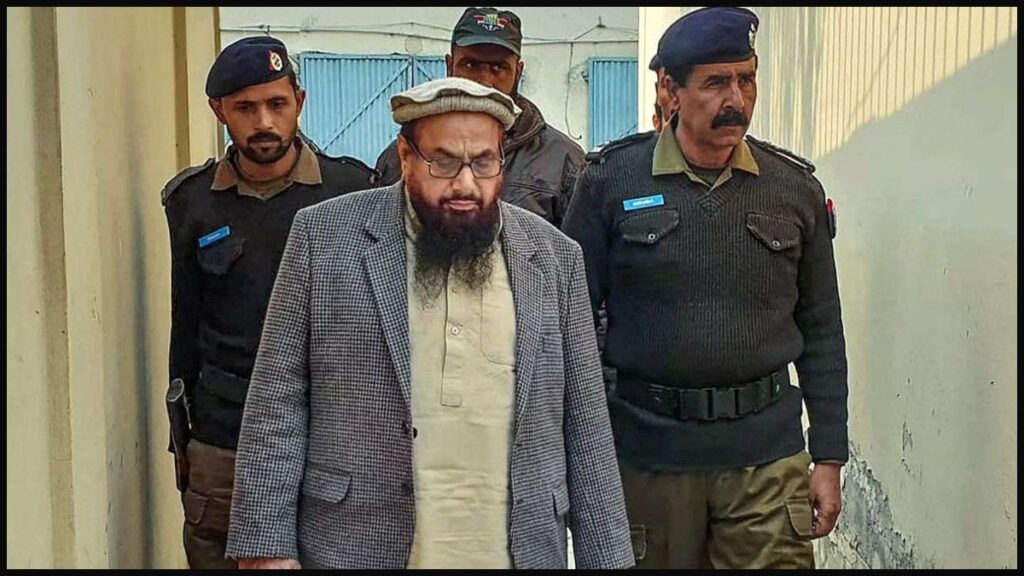
Legacy of Terror
The partnership between Hafiz Saeed and Abdul Rehman Makki left a lasting legacy of violence and instability in South Asia. Their actions have been responsible for countless deaths and have exacerbated tensions between India and Pakistan. The organizations they led continue to inspire and train new generations of militants, even as international efforts to curb their influence persist.
While both Saeed and Makki have faced legal consequences in recent years, their ideological and operational frameworks remain a challenge for counter-terrorism agencies worldwide. The deaths of key figures like Makki and the imprisonment of Saeed mark significant milestones, but the structures they built continue to pose a threat.
Conclusion
Abdul Rehman Makki’s life was emblematic of the challenges posed by militant Islamist organizations in South Asia. His involvement in terrorist activities, close association with Hafiz Saeed, and eventual death highlight the persistent issues of extremism and terrorism in the region. As the world continues to grapple with these challenges, understanding the roles played by individuals like Makki is crucial in formulating effective counter-terrorism strategies.
Hafiz Saeed and Abdul Rehman Makki represent a dark chapter in the history of terrorism. Their collaboration not only fueled violence but also perpetuated an extremist ideology that has destabilized the region. As the world continues to confront the threat of terrorism, understanding the roles played by figures like Saeed and Makki is essential for devising effective counter-terrorism strategies.

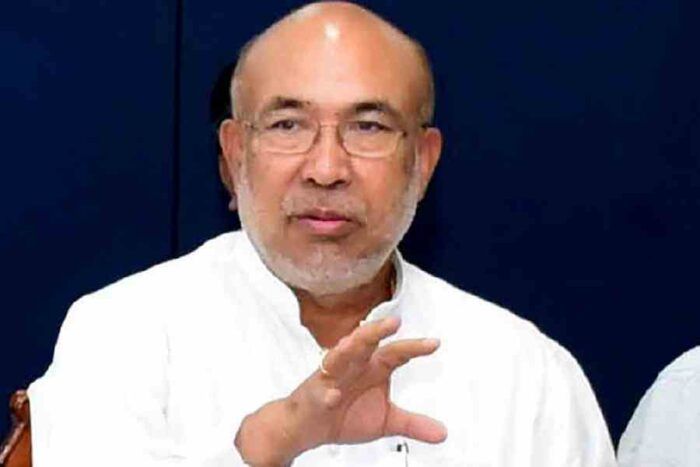
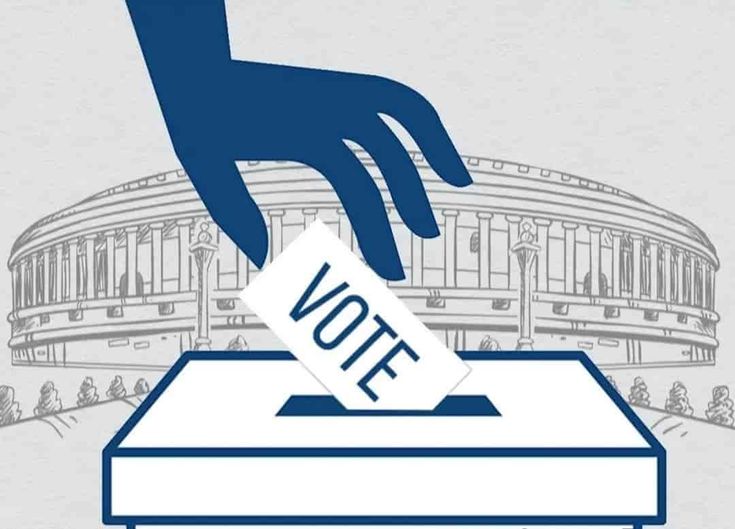


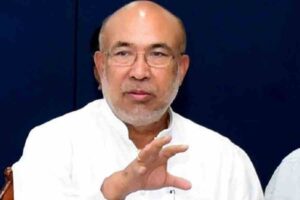




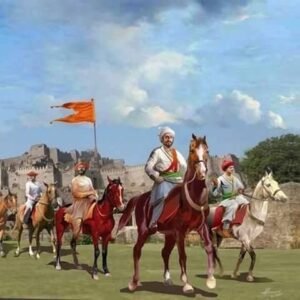

Post Comment